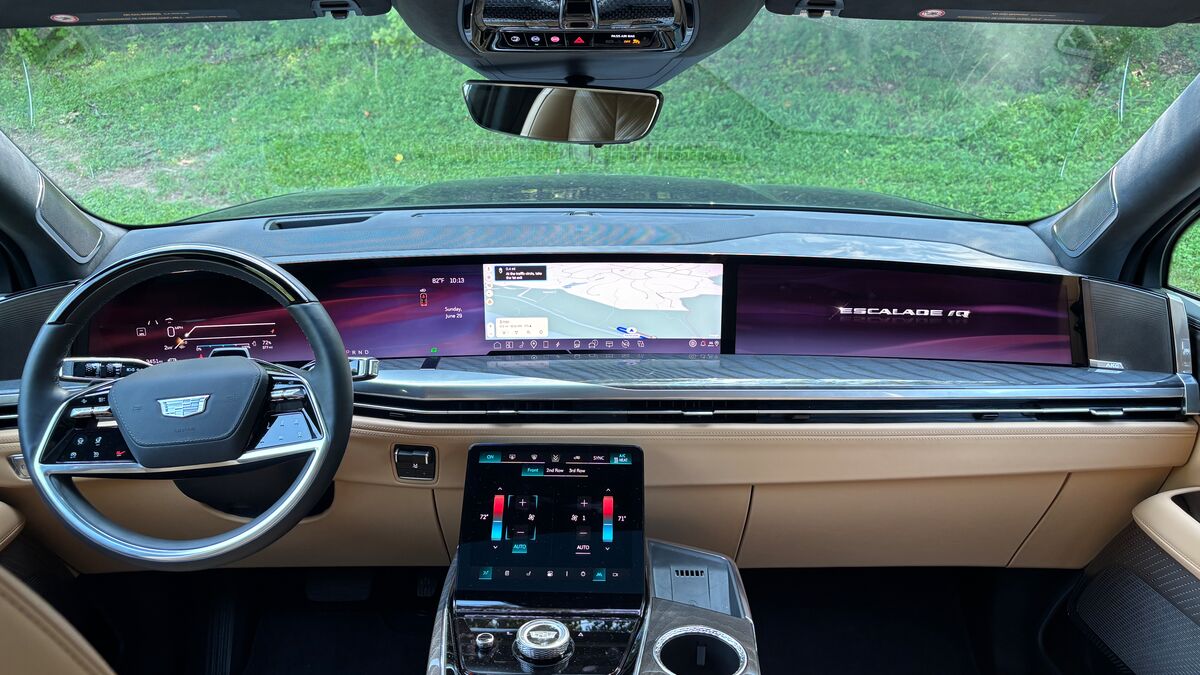United Auto Workers (UAW) union members have ratified new contracts with all three of Detroit’s biggest automakers. The voting was closer than most observers had expected, particularly among General Motors (GM) employees.
This Likely Means Five Years of Auto Labor Stability
But formal ratification brings an end to the threat of further walkouts. All three contracts end in April 2028, when negotiations must renew. Smaller strikes between now and then are possible, as one of the conditions the UAW won in new contracts was the right to strike over plant closures. If one of the Detroit Three automakers – Ford, GM, and Stellantis (parent company of Dodge, Jeep, Ram, and others) closes a factory during this contract, workers could walk out in protest.
Vote-counting spreadsheets published by the union currently show the Ford contract earning 68.2% approval, the GM contract earning 54.8% approval, and the Stellantis contract earning 69.6% approval. In every case, there aren’t enough votes left to change the outcome.
Workers won raises, cost-of-living increases, new retirement benefits, the gradual end of a two-tier wage structure that paid some workers less than others, and other concessions.
The Strike Barely Touched New Car Prices
The strike lasted 46 days and marked the first time the UAW had ever walked off the job at all three companies at once. Yet it had little impact on new car prices.
The union adopted a never-before-seen tactic for this strike, walking off the job at just a handful of plants on the first day. It then regularly added new locations to the strike as negotiations continued without a settlement.
That meant that many factories never stopped producing new cars even though the union was on strike. The tactic kept new car prices reasonable and helped the union stretch out its own strike fund, which pays striking workers part of their salaries.
The price of the average new car rose just 0.3% in October – partly due to strike fears and partly due to the end of aggressive price cuts at Tesla, which was unrelated to UAW action.
Dealers Could Mark Down Some Trucks in Response
Strangely, the strike may have actually worked to bring down prices of some vehicles – particularly the large trucks that make up the largest portion of the Detroit Three’s profits. All three companies ran factories overtime to build up a stockpile of Ford F-150s, Chevrolet Silverados, GMC Sierras, and Ram 1500s in anticipation of factory closures. Most of those factories never closed.
Now that the threat of further walkouts has passed, dealers may mark down the trucks to sell down the stockpile.








